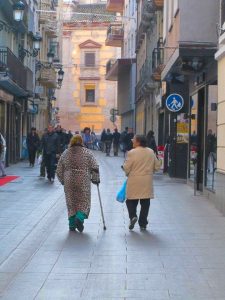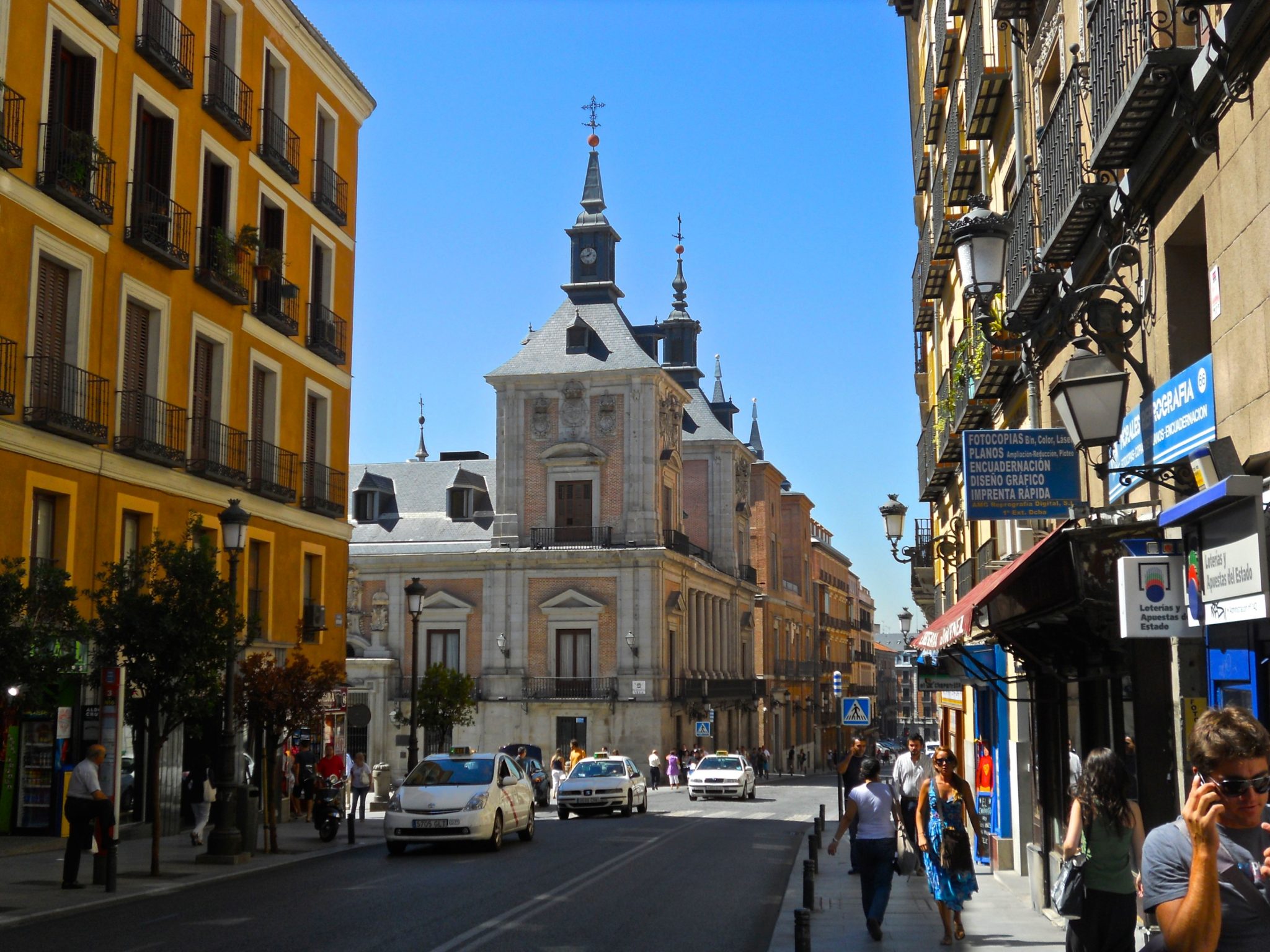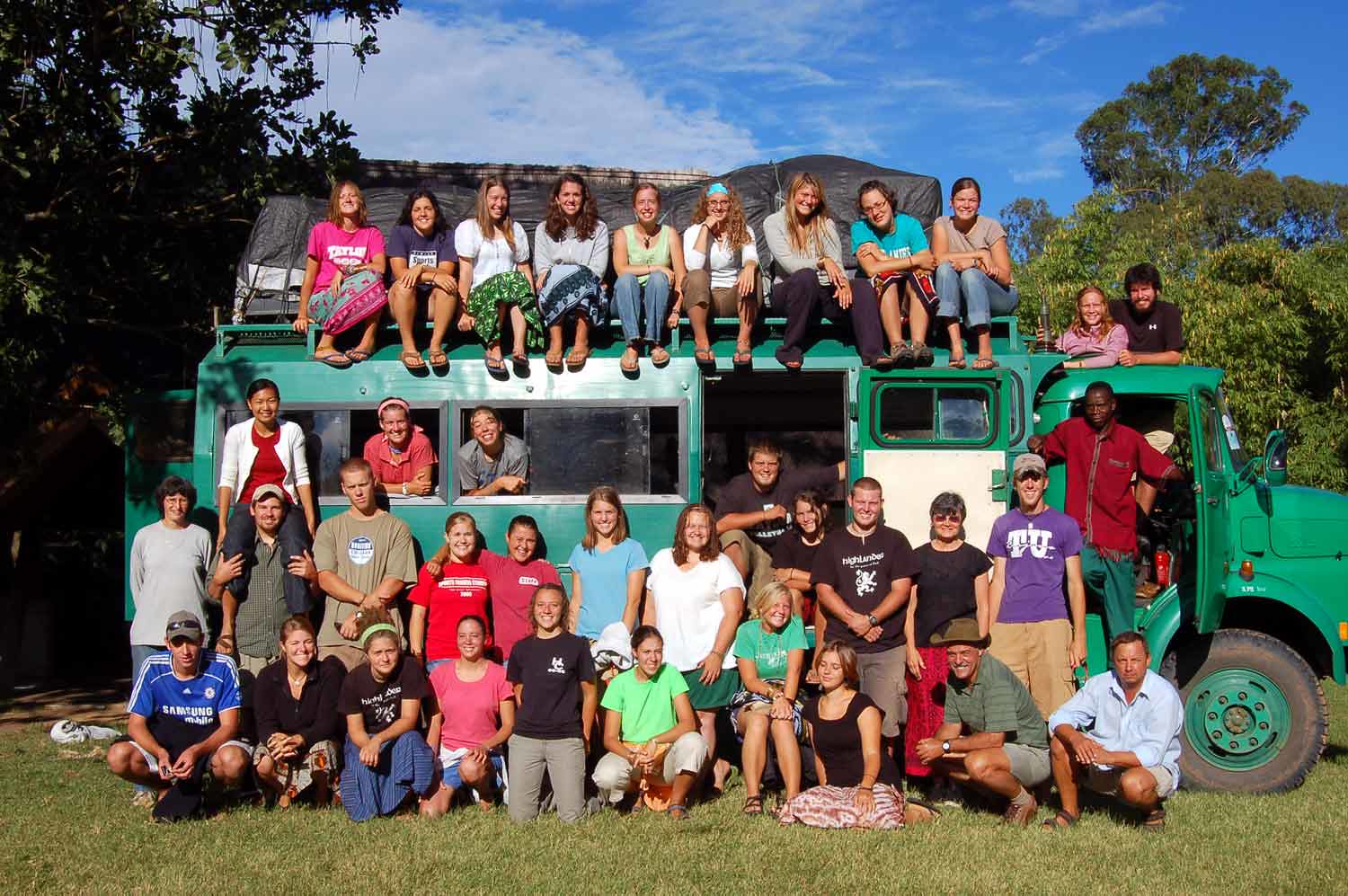A Few Things to Prepare Yourself For When Moving to Spain
*Written from the point of view of an American English teacher living in Spain, this story will be of great appeal to students planning to study abroad in the country as well as those going to work, volunteer or intern in any field. Spain is one of the top destinations for U.S. students going abroad and, thus, any information regarding what to expect upon arrival is imperative.
**The Programa de Auxiliar de Conversacion in Spain is a program run by the Spanish ministry of Education that places recently graduated Americans in bilingual schools throughout the country to teach a variety of topics (namely Science, American culture, and -obviously and especially- English). The program is increasing in popularity amongst those who have previously studied abroad in Spain, or Europe, or anywhere –or anyone who just really enjoys traveling and living in foreign countries- due to its relative ease in obtaining a work visa and a LEGAL job in the European Union. More information can be found at their website: Programa de Auxiliares de Conversacion
*****************************************************************************
It’s that time of year again. Hopeful auxiliares all over the world are obsessively refreshing their email, praying to the all-knowing, ever-cryptic auxiliar god Profex, gathering random documents, preparing for inconvenient visa appointments, and, most of all, seeking out the advice of veteran auxiliares. Thankfully, there is no shortage of blogs outlining the do’s and don’ts of expatriate life in Spain—what and what not to pack, how to find housing and roommates who don’t suck, which European airlines are the best for cheap travel, and, my personal favorite, how to wrangle those ornery Spanish children for long enough to actually teach them a little bit of English.
Now, I’ll be the first to say that these are all very valuable pieces of information, and I undoubtedly sought out the same articles when preparing to move to Spain as an auxiliar. I read and re-read all the advice I could find, hoping that I would acclimate as seamlessly as possible into Spanish culture and know, for the most part, what to expect. And while many of these articles did a great job of hand-holding me through this process of moving abroad, there are some things that you can only learn with experience.
(Let the record show that I lived in Madrid, and so my experiences may differ from those of other auxiliares living in other parts of Spain. And let the record also show that Spaniards are some of my favorite people in the world and everything I say below is said with lots of love.)
Who Runs the World? ¡SEÑORAS!
Alright, guys, first order of business: the Spanish elderly. Now, I’m sure it’s safe to say that you’ve met an old person or two in your day, but let me assure you: old Spanish ladies are a force to be reckoned with. 







Just because Spaniards are yelling, doesn’t mean they’re angry.
As someone who had never been to Spain, and was completely accustomed to that soft, sweet Latino accent, I was initially very surprised at the ferocity of Castilian Spanish. My first Skype call with my parents took place at the only café that offered Wi-Fi in my neighborhood at the time. And, my god, was it trying. It went a little something like this:
Me: So yeah, I’m still waiting on internet to be installed at my apartment, which they say can take up to 2 months, because Spain, and…
Mom: Who is fighting?? Why is there yelling? Is someone arguing there?!
Me: No, Mom, they just talk like that. As I was saying, it’s been a huge process to find a place to live but I feel like I’ve finally found something good…
Mom: Are you sure no one is fighting??? Whoever that is sounds really upset. Is it safe where you are?!? Please tell me it’s safe where you are.
And, scene.
Spaniards don’t know how to share sidewalks. At all.




Oh my God, very possibly my biggest Spanish pet peeve of all time. Here in the States, we value our personal space to an almost obnoxious degree. Maybe these are my Midwestern values talking, but when walking in public, I generally try to be aware of the fact that other people are also walking in public, and more often than not, I will cross paths with a few of them during this time. In my American life, it seemed to me that walking on the same sidewalk as other humans that are moving in the opposite direction just kind of happened painlessly without a whole lot of effort. Both parties involved just kind of naturally move over a little bit more towards their side of the sidewalk. But in Spain, cities are old, and sidewalks are small, and Spaniards are seemingly uninformed about the art of sidewalk-sharing.
I once stood directly in front of a group of friends smoking on the sidewalk outside of a bar for a full minute before being forced to ask them uncomfortably to pretty please let me pass. And I have shamefully pancaked myself against an alleyway or building more times than I would like to admit because the other person apparently believed they were not a person sharing a sidewalk, but rather a model charging down a runway wearing the new spring collection.
Vegetarians and animal lovers, consider yourselves warned: you’re gonna see a couple hundred cured pig legs on an almost daily basis.




Now, this may seem to be too obvious a topic for this list. After all, anyone who has done the tiniest bit of research on Spain knows that they go bonkers for that jamón. I was also aware of this fun Spanish fact before moving there, but let me tell you something: until you’re in a pueblo of 1,000 people and someone invites you into their garage to check out their DOZENS OF PIG LEGS that are hanging from the rafters and undergoing various stages of curing, the jamón reality doesn’t really hit you. I mean, I moved to Spain as a vegetarian and when informing a small group of Spaniards of that fact, one nodded along with my words, and then sincerely asked, “But, you still eat jamón, right?”




A short list of places where you might stumble upon an entire jamón leg, hoof and all, in Spain:
- A bar
- A restaurant.
- The kitchen counter of the Spanish family where you are a nanny.
- Hanging on the wall as a prize at a fair or carnival.
- Inside
- Outside
- TRULY ANYWHERE. Get used to seeing dead pig legs, people.
So there you have it, guys—an anything-but-inclusive list on what to expect in Spain as an expat. I guarantee that you will have many, many more items to add to the list based on your own personal experiences, and for that, you should be ecstatic. I mean, you are moving to SPAIN. And I know I can’t speak for every North American expat out there, but I personally would pancake myself against a wall a thousand times over to be back in your shoes and on the brink of an international adventure.
[accordion_tab title=”Travel Correspondent: Erin Swift” default]









